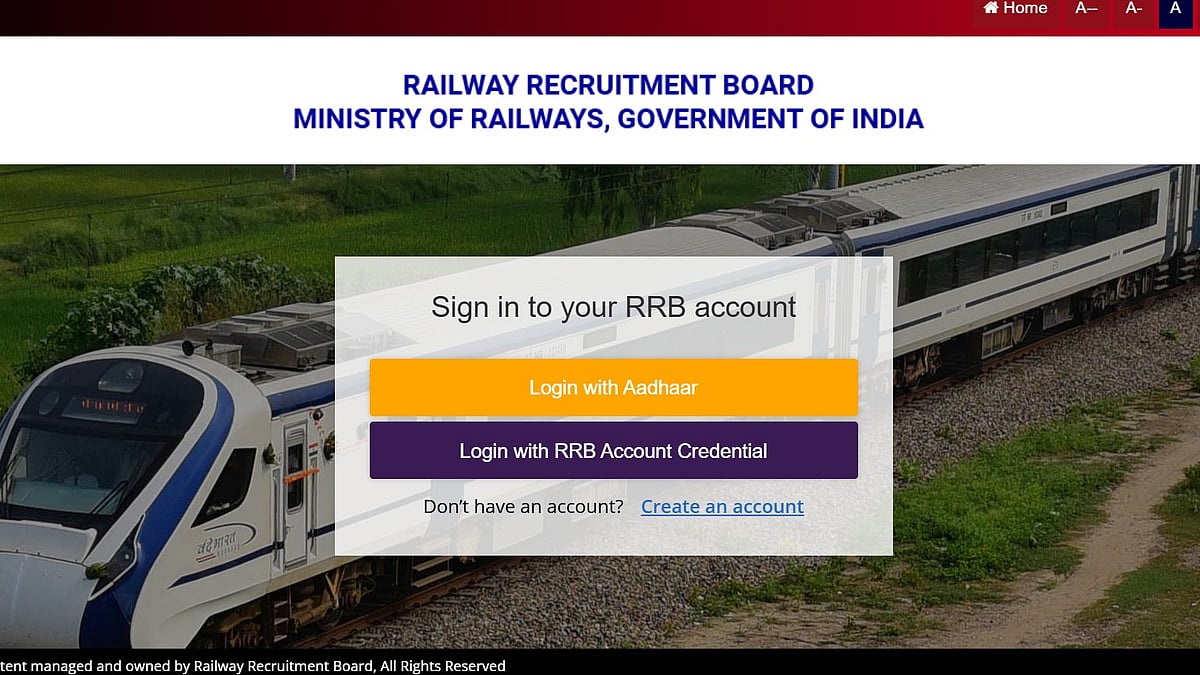As the Assembly elections approach, the Maharashtra government has introduced a draft of a new housing policy aimed at supporting economically weaker sections (EWS), lower-income groups (LIG), and middle-income groups (MIG). The state housing department is inviting feedback from stakeholders until October 3, marking the first major update since the last policy was issued in 2007.
The proposed policy emphasizes the creation of vibrant and resilient communities by enhancing access to affordable housing and fostering sustainable urban development. "Our goal is to ensure that every individual can flourish in an inclusive environment," the draft states.
Addressing the growing disparity in income levels, the policy highlights the need for affordable housing amidst a market predominantly filled with high-end properties. It aims to create a comprehensive strategy that not only promotes affordable housing projects but also ensures that the benefits of economic growth are shared widely across all demographics in Maharashtra.
Important initiatives in the scheme include, Redevelopment of aging structures to enhance living standards and optimize land use, Transforming slum areas through public-private partnerships, Integration of affordable housing within industrial zones to benefit workers.
To support the "Walk to Work" concept, the policy suggests designating 10 to 30 percent of land in Maharashtra Industrial Development Corporation (MIDC) areas for housing. This land will be made available to authorities at applicable acquisition prices to develop adequate housing stock, with an emphasis on partnerships with private sectors to accommodate industrial workers.
The draft also prioritizes green building practices, advocating for sustainable and eco-friendly development methods. It aims to cater to vulnerable groups, including senior citizens, working women, students, and those displaced by development projects. Initiatives like affordable rental housing complexes are set to benefit transient populations such as migrant workers and students.
In response to climate change challenges, the policy encourages the construction of resilient housing designed to mitigate damage and reduce vulnerability to adverse weather.
To incentivize these initiatives, the government proposes several benefits, including streamlined approvals, a reduced GST rate of 1 percent, increased floor space index (FSI) allowances, and waivers on registration and stamp duty. Additionally, slum rehabilitation projects on public land can be executed through joint ventures, following the successful Dharavi model.

To further promote innovative and sustainable construction practices, the government plans to provide tax deductions and grants for technology advancements. It also aims to establish a distressed asset fund and interest-free loans to tackle construction financing challenges, ensuring robust support for affordable housing projects across the state.




